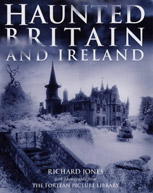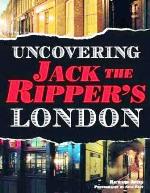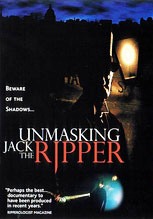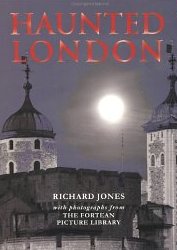THE GHOST OF OLIVER CROMWELL
Basing House, Basingstoke, Hampshire
The Haunted Ruins
Basing House once enjoyed the notable distinction of being the largest private residence in England. It was built for William Paulet, 1st Marquis of Winchester, a rich and influential servant of the Tudor monarchs whose climb up the greasy and precarious pole of courtly politics began in the reign of Henry V111.
In 1531 Paulet was created Surveyor of the King’s Widows and Governor of All Idiots and Naturals in the King’s Hands and a year later, in May 1532, his courtly status was further enhanced by his being made Comptroller of the Royal Household.
He continued to serve the Crown loyally throughout the reigns of Henry’s children, assuming greater heights of office when he became Lord Treasurer of England in the reign of Elizabeth 1st.
When the Queen visited him at Basing House she was so pleased with the hospitality afforded her that she playfully lamented his great age, declaring, "for, by my troth, if my lord treasurer were but a young man, I could find it in my heart to have him for a husband before any man in England."
Paulet was still very much in harness when he died at Basing House on 10th March 1572, at the ripe old age almost ninety years.
He had served throughout the tempestuous reigns of four Tudor monarchs, had managed to avoid the pitfalls and fates of many of his contemporary statesmen, and had lived to see 103 of his own descendents, in all of whom he instilled a deep sense of loyalty to the Crown, a loyalty that would ultimately result in the destruction of Basing House.
During the Civil War John Paulet, 5th Marquis of Winchester, held fortified his palatial mansion against Parliamentary attack and is said used his diamond ring to scratch the family motto, "Love Loyalty," onto every window pane in the house.
Thereafter he successfully withstood a series of prolonged sieges and by 1644 Basing House was the last Royalist garrison on the route between London and Bath.
On 8th October 1645 Oliver Cromwell himself arrived with a brigade of the New Model Army and six days later three thousand Ironsides attacked the house, while a further four thousand ringed it to ensure that no-one escaped.
The defenders fought gallantly but they were no match against their highly trained adversaries. When the fortress fell, the looting began.
All the women and most of the men suffered the indignity of being stripped of their clothing.
The Roundhead soldiers carted away any of the treasures that took their fancy, with Cromwell collecting a quarter of a million pounds worth of loot which, he declared, was "good encouragement."
The pillaging ended, most of the surviving male defenders were hanged, including four Catholic Priests who had taken refuge at the house.
John Paulet was taken prisoner and removed to the Tower of London, although Cromwell spared his life and allowed him to escape to France.
Finally, his house was set on fire, and around seventy-four of the remaining garrison were simply left to perish in the flames.
The local people were then allowed to cart away the stone and bricks in order to rebuild their own houses, and Basing House became little more than a melancholic ruin and has remained so ever since.
Needless to say, with such a dramatic history the Basing House, or to be exact what very little remains of it, is an extremely haunted spot.
No less a personage than Oliver Cromwell is just one of the spectres that are said to wander the ruins.
There is also the shadow of a giant man that has been seen flickering across the grounds, leaving sensations of terrible coldness in its wake.
Ghostly footsteps have been heard walking up and down stairs in the visitors display area, and several visitors have even smelt the overwhelming smell of thick smoke, which is perhaps a lingering psychic impression of that long ago day when the gallantry of the defending garrison ended in terribleconflagration.







